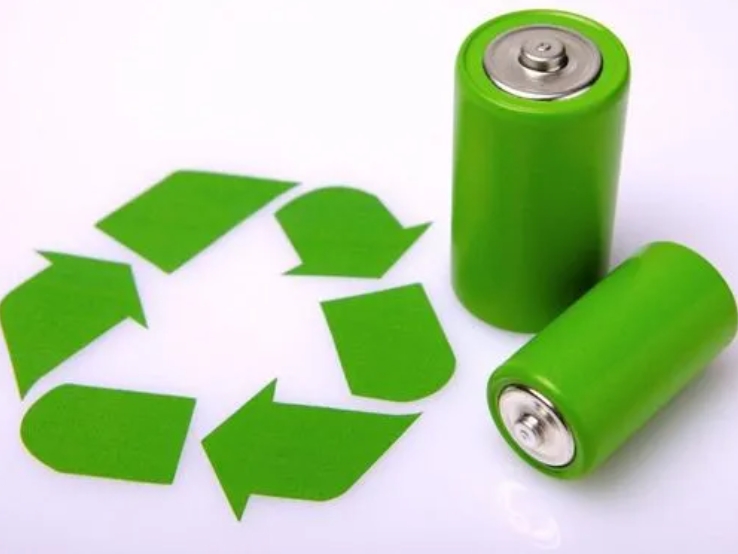The volume of LFP-based electric vehicles is primed to grow significantly in coming years with major automobile manufacturers such as Tesla and Ford starting to switch to LFP from nickel- and cobalt-based batteries due to the lower cost of LFP. However, LFP battery recycling is seen by the industry as a particularly challenging problem due to the difficulty in extracting its valuable materials (lithium and graphite) profitably.
Current hydrometallurgical recycling methods focus on extracting high-value materials from LFP batteries, such as lithium and copper. To encourage a more holistic approach to recycling, we must demonstrate efficient processes that also recycle low-value materials such as graphite and iron-phosphate into commercially viable products. We look forward to working alongside our industry partners to advance low-cost recycling technologies to make the process more economical and environmentally friendly.
—Andrew Colclasure, NREL
ACE has already developed its proprietary technology for recycling LFP batteries at bench scale which is currently undergoing commercial scaleup. Under this research agreement, NREL will assist ACE in evaluating commercialization of this process to recycle LFP batteries and to upcycle graphite to battery grade.
As part of the agreement, NREL will provide its capabilities in cell production, modeling, analysis and other advanced tools to demonstrate ACE technology’s value proposition with primary work to be conducted at NREL’s facility in Colorado. Overall, the project aims to identify optimal recycling parameters for LFP and graphite that will maximize performance and lifetime requirements of batteries made from recycled materials using ACE’s technology as compared to the ones made from virgin materials.
The potential upcycling of graphite obtained from ACE’s technology can help solve the dependence of more than 60,000 MT of graphite electrodes that the United States currently imports while deepening its technological and engineering leadership and reducing its dependence on foreign supply chains.
